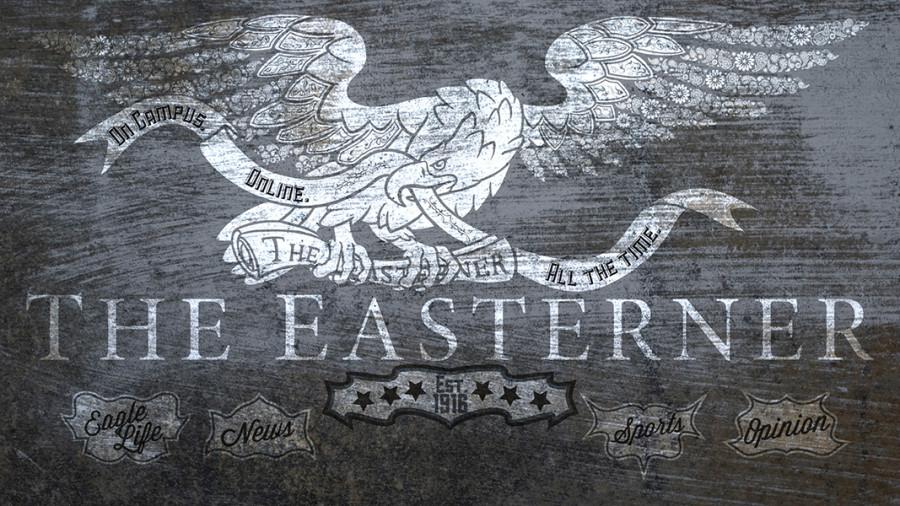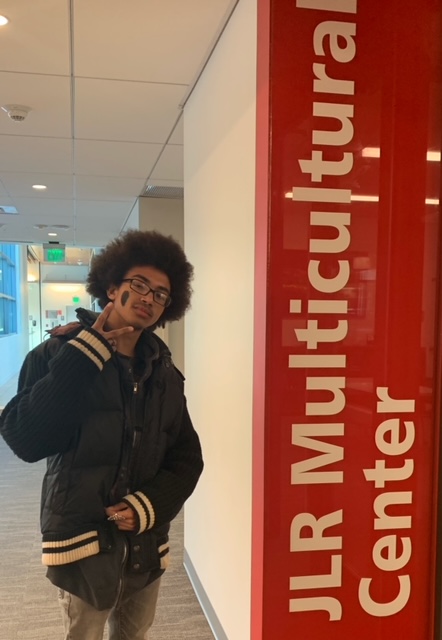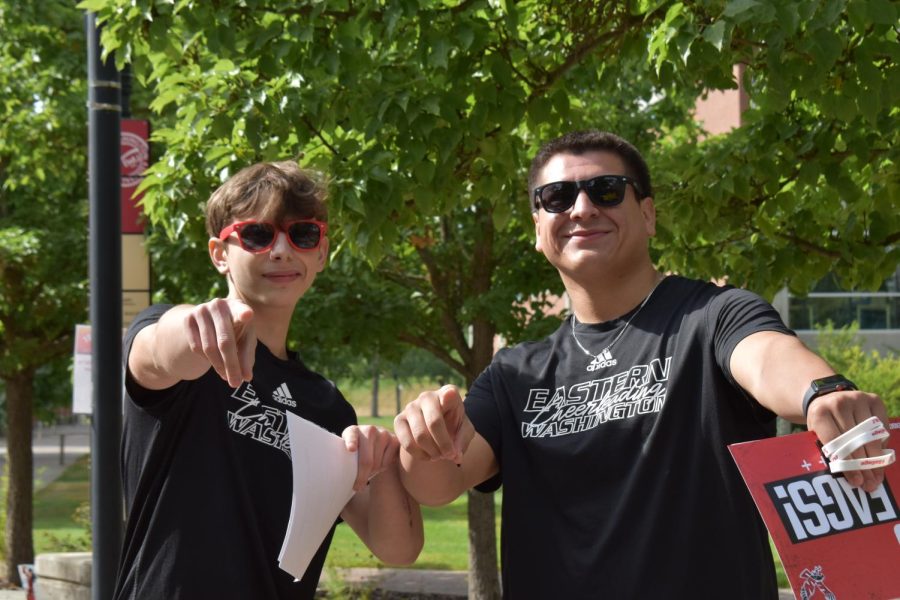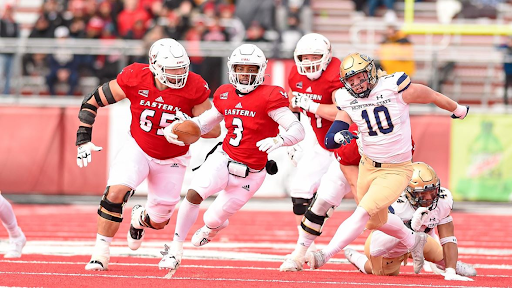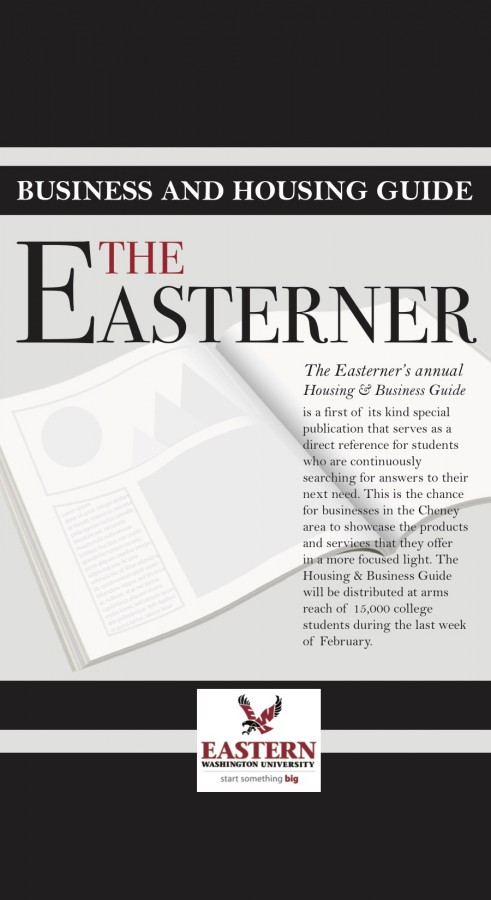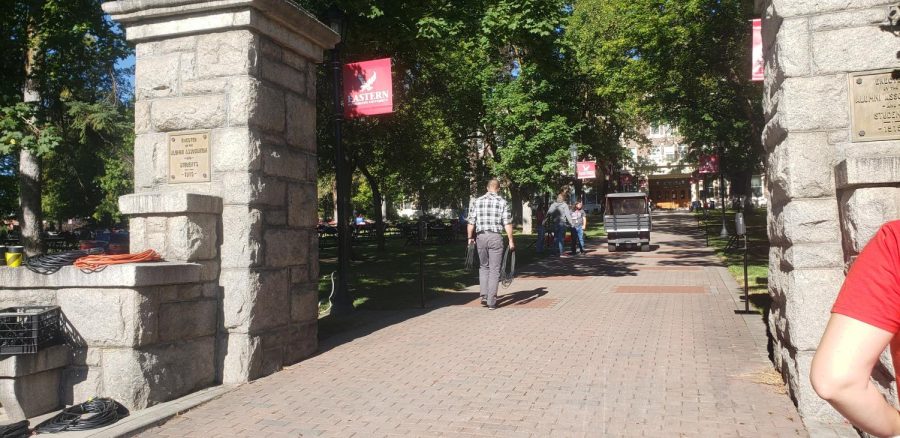In an increasingly competitive job market, it is important for students to gain professional experience along with their academic credentials while they are at college.
An unpaid internship is a great way to do this. It can be a mutually beneficial arrangement for the student and the organization providing the internship. Because an intern who is earning academic credit does not have to be paid, a company can afford to bring them on even if they cannot afford to bring on an employee.
The university facilitates this by granting the intern academic credit. Through career services and an adviser, students can arrange to take an internship class. In fact, some degree programs have an internship as a graduation requirement.
These credits cost an EWU student the exact same, $245.73 per credit or $224.73 for overload credits, as regular class credits. However, no instruction is provided by Eastern employees. The student learns by gaining work experience at the internship placement. The professor is not spending time instructing in a classroom, developing coursework and grading assignments. While the internship adviser and the advisers in the career services office do have a function in the process, it is not believable that the time they put into a student’s internship has the same value as instruction in a traditional class.
Since the university charges you the same for credits whether they actually did any of the instructing or not, it would seem that what you are buying by paying your tuition is a slip of paper that says you are qualified to get a job. If this is the case, schools should drop the veneer of being a place to go to learn and just become diploma mills.
However, if what you pay for is the privilege of being instructed in a classroom by professors, the university should recognize that it is unfair for them to charge the same for an internship credit as for a regular credit.




